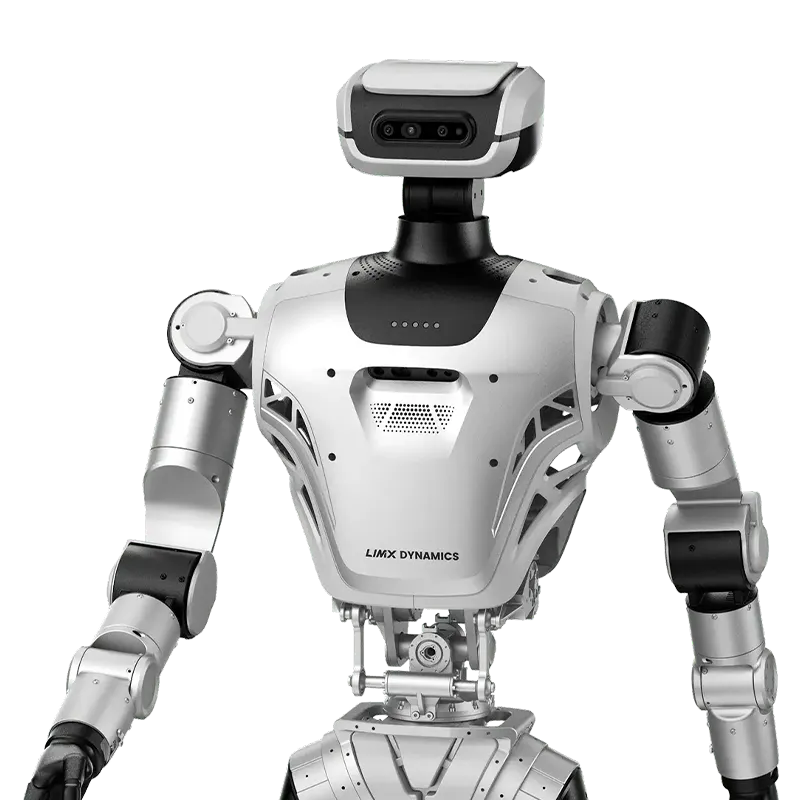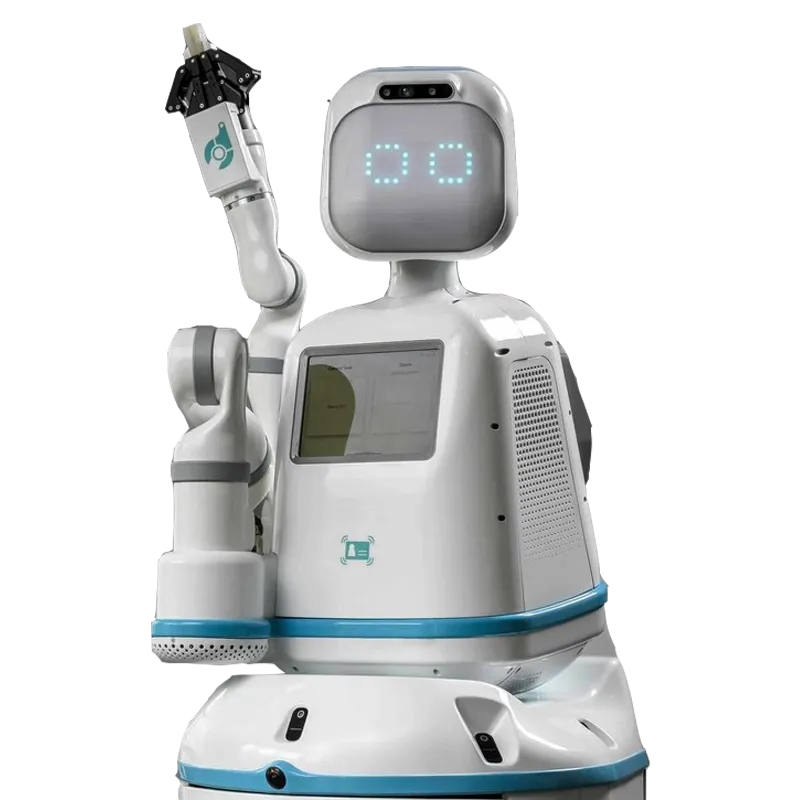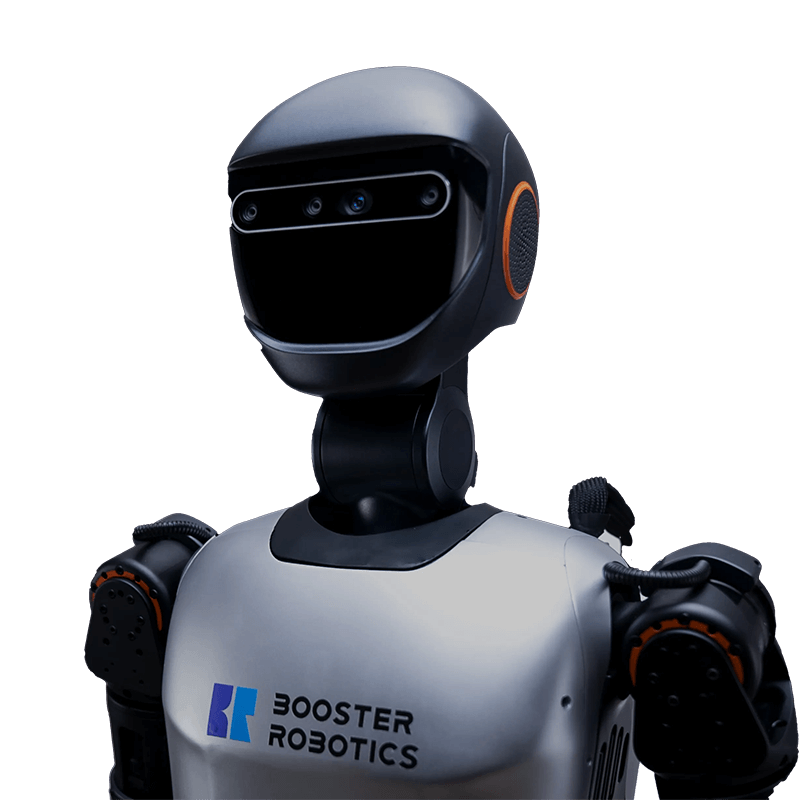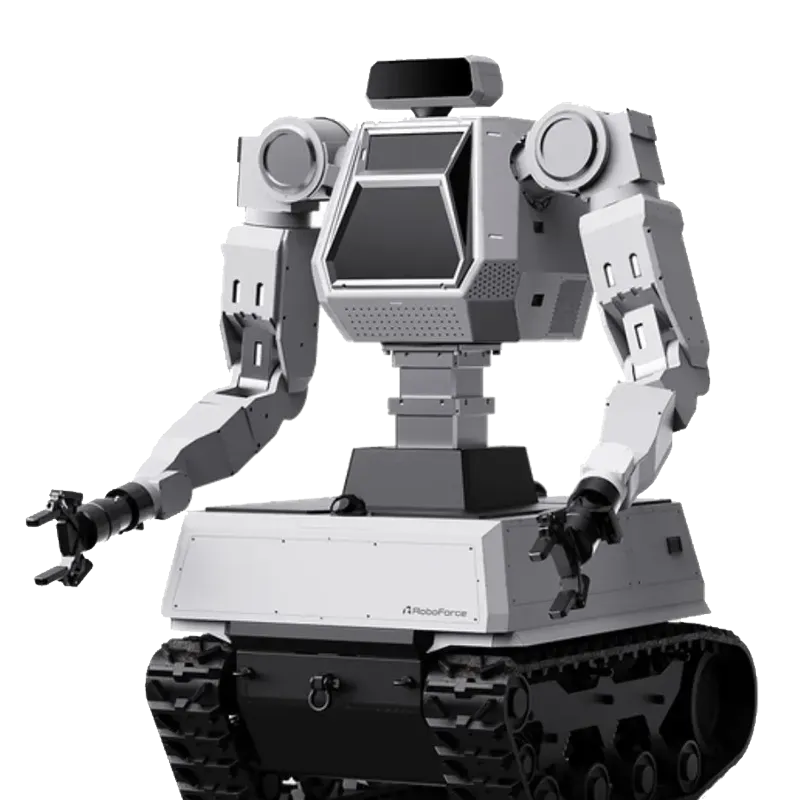Intro
The German Aerospace Center (DLR) is Germany’s national research institution for aeronautics, space, energy, transport, security, and defense. Established in 1969, with historical roots dating to 1907, DLR is headquartered in Cologne and operates over 30 locations across Germany. DLR’s mission is to advance scientific knowledge and develop innovative technologies that benefit industry, government, and society. It serves as the German space agency, responsible for planning and implementing the national space program on behalf of the federal government, and manages major research and industrial funding programs.
DLR’s work spans fundamental research, applied science, and technology transfer, with a focus on high-impact areas such as aerospace engineering, energy systems, digitalization, robotics, and autonomous systems. Its institutional funding comes from the Federal Ministry for Economic Affairs and Climate Action and the Federal Ministry of Defence. DLR is a member of the Helmholtz Association and collaborates extensively with international partners, including the European Space Agency (ESA).
Robots
- DLR Robotic Arm: Advanced compliant robotic arm with elastoplastic control, enabling safe and flexible human-robot collaboration. Successfully tested in space as part of the Surface Avatar project, allowing remote operation from the ISS.
- Humanoid DLR Robots: Used in collaborative projects with ESA, these robots are designed for dexterous manipulation and teamwork in space and terrestrial applications.
- COMPASSO: Not detailed in the search, but listed as a DLR robotics product at Hannover Messe.
- TORO: TORO by DLR is a torque-controlled humanoid robot with 39 DOF, advanced bipedal walking, and manipulation capabilities for research and industrial applications.
Specialism
DLR specializes in collaborative robotics (cobots) that integrate advanced control algorithms for safety and flexibility. Their robots are engineered for close cooperation with humans, featuring elasto-plastic control that allows them to yield to external forces without springing back, mimicking human teamwork. DLR’s robotics are used in space missions, industrial automation, and research, with a focus on adaptability, autonomy, and safe human-robot interaction.
Business Viability
- Nationally and internationally recognized as a leader in aerospace and robotics research, with a budget of over €1 billion for in-house R&D.
- Institutional funding from the German government ensures long-term stability and strategic direction.
- Extensive partnerships with ESA, industry, and academia foster innovation and technology transfer.
- Pioneering robotics research, including successful space demonstrations, enhances reputation and attracts further funding and collaboration.
- Manages large-scale research and industrial funding programs, supporting Germany’s leadership in technology and innovation.
- Broad societal impact through technology transfer, education (DLR School Labs), and public engagement.






















